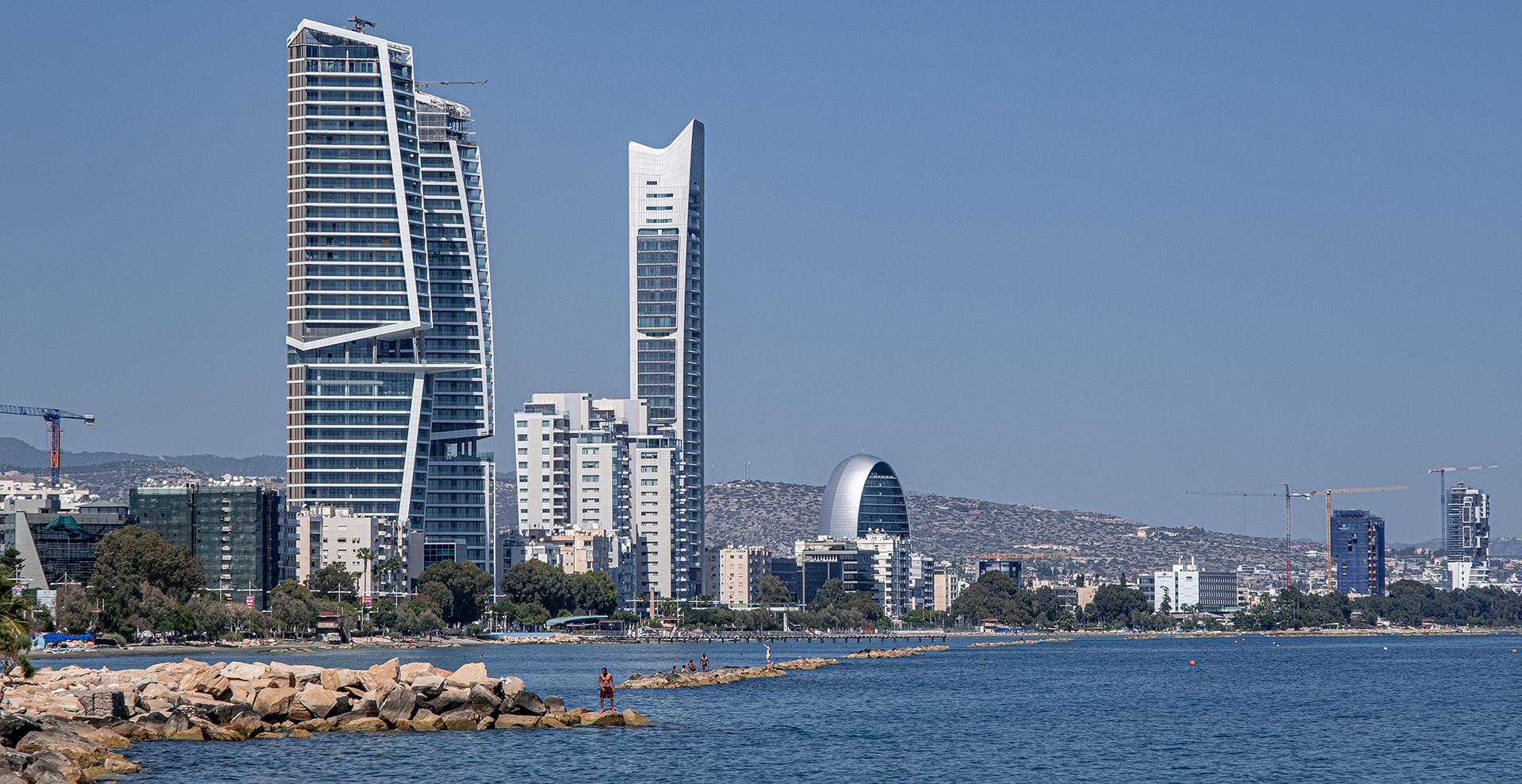Cyprus continues to lose ground in the Knight Frank Global House Price Index. According to data from the first quarter of 2025, Cyprus ranked 42nd out of 56 countries, with nominal house price growth of 2% and 0.4% in real terms when accounting for inflation.
Downward Trend
In just two years, Cyprus's position in the ranking has fallen significantly. While the country ranked 18th in the first quarter of 2023 with growth of 8.5%, rising to 15th place with growth of 6.5% by the end of the year, this trend reversed in 2024. At the beginning of 2024, Cyprus ranked 19th with growth of 5.5%, but by the end of the year, it had fallen to 43rd with growth of only 1%. In 2025, Cyprus improved its position slightly, ranking 42nd.
Experts attribute this decline to a slowdown in demand growth, limited construction, and persistently high inflation, which reduces the real purchasing power of the population and investors.
Greece remains stable, while Turkey leads and China is in crisis
By comparison, although Greece has lost some of its previous positions, it remains significantly above Cyprus. In the first quarter of 2025, Greece ranked 18th, with a price growth rate of 6.8% (4.3% in real terms).
Turkey is once again at the top of the ranking, with housing prices rising by 32.2%; however, in real terms, growth was offset by a 4.2% decline due to hyperinflation. At the other end of the list are China and Hong Kong, where prices fell 7.5% and 6.5%, respectively, reflecting the ongoing crisis in Asian real estate markets.

Global Trend: Slowing Growth
On average, the index showed a 2.3% increase in housing prices annually, the best result since mid-2024 but still significantly below the long-term average of 5.1%.
Growth was supported by lower interest rates and the availability of credit. However, persistently high inflation remains a key factor limiting buyer activity.
Outlook for Cyprus
According to analysts, the Cyprus real estate market remains attractive to investors thanks to foreign interest in housing. However, price growth rates are no longer comparable to previous years. The slowdown is being driven by limited new housing supply, strict EU investment immigration requirements, and buyer caution amid global economic uncertainty.
The situation could change by the end of 2025 if interest rates continue to fall and foreign investors regain interest in Cypriot resort real estate.
